Hatred, chains of Iron – part 1 - the preliminary look
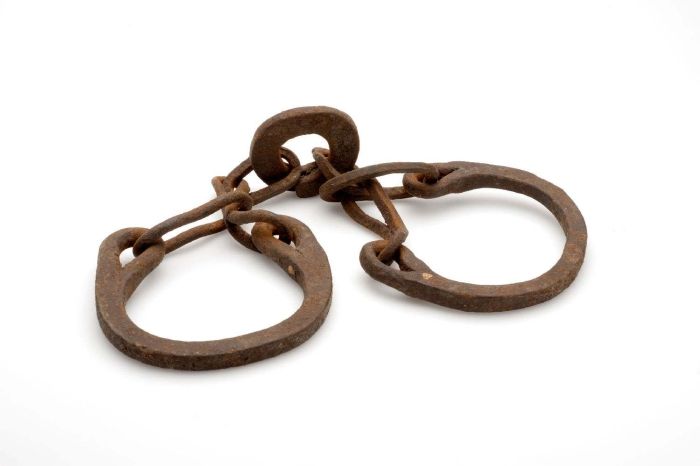
When I look at the Boer War from 1899 to 1902, I see a war that was the natural consequence of British Imperialism being opposed by the self will of the two Boer Republics.
The acquisition of territories was not the driving force of Imperialism, but financial reward.
When Britain first occupied the Cape Colony in 1795, it was as a result of the French Revolutionary Wars where the Dutch republic was captured by French revolutionaries and reformed into the Batavian Republic in 1794. Cape Town was the most important harbour on the route to the East Indies. Its value was strategic only as far as Cape Town went, obviously India had fabulous commercial value to Britain, and British commercial shipping had to be protected against opposing European Empires.
After European peace, the Cape was returned to the Dutch in 1802. But then the Napoleonic Wars commenced and once again Britain sent a fleet to re-capture the Cape. This was achieved in 1806. Now the Cape would remain a British colony until the Union of South Africa was formed in 1910.
The Dutch farmers, known as Boere (farmers), resented British rule. To me it seemed as if the combination of several factors “broke the camel’s back” and led to the migration of many Boer families into more fertile lands further north. Some of these factors were, drought in the Eastern Cape, the freeing of their slaves and the imposition of the English language as the sole official language of the Cape at the expense of their own language, Afrikaans (a descendant language from Dutch).
Most trekked into the regions of Natal, the Orange Free State and the Transvaal. From about the mid-1830’s to the mid-1840’s about two and a half thousand families left the Cape Colony. But independence would be never allowed. Because of the harbour and general fertility of the lands in Natal, it was annexed by the British in the early 1840’s. There was great bitterness, as many Boer families had paid with their lives for the treaty with the Zulu, to live in this area. They left and crossed the mighty Drakensberg mountains to once again escape British rule. These people settled in the Orange Free State and Transvaal.
In the early 1870’s the diamond rush started in the Kimberley region and through typical machinations, the area was taken over by the British. This is where Barney Barnato and Cecil John Rhodes made their fortunes.
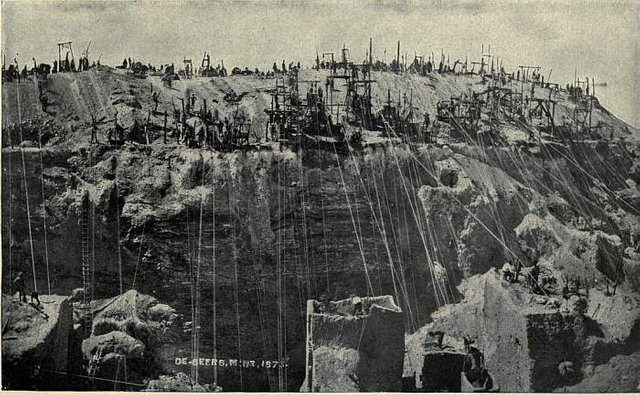
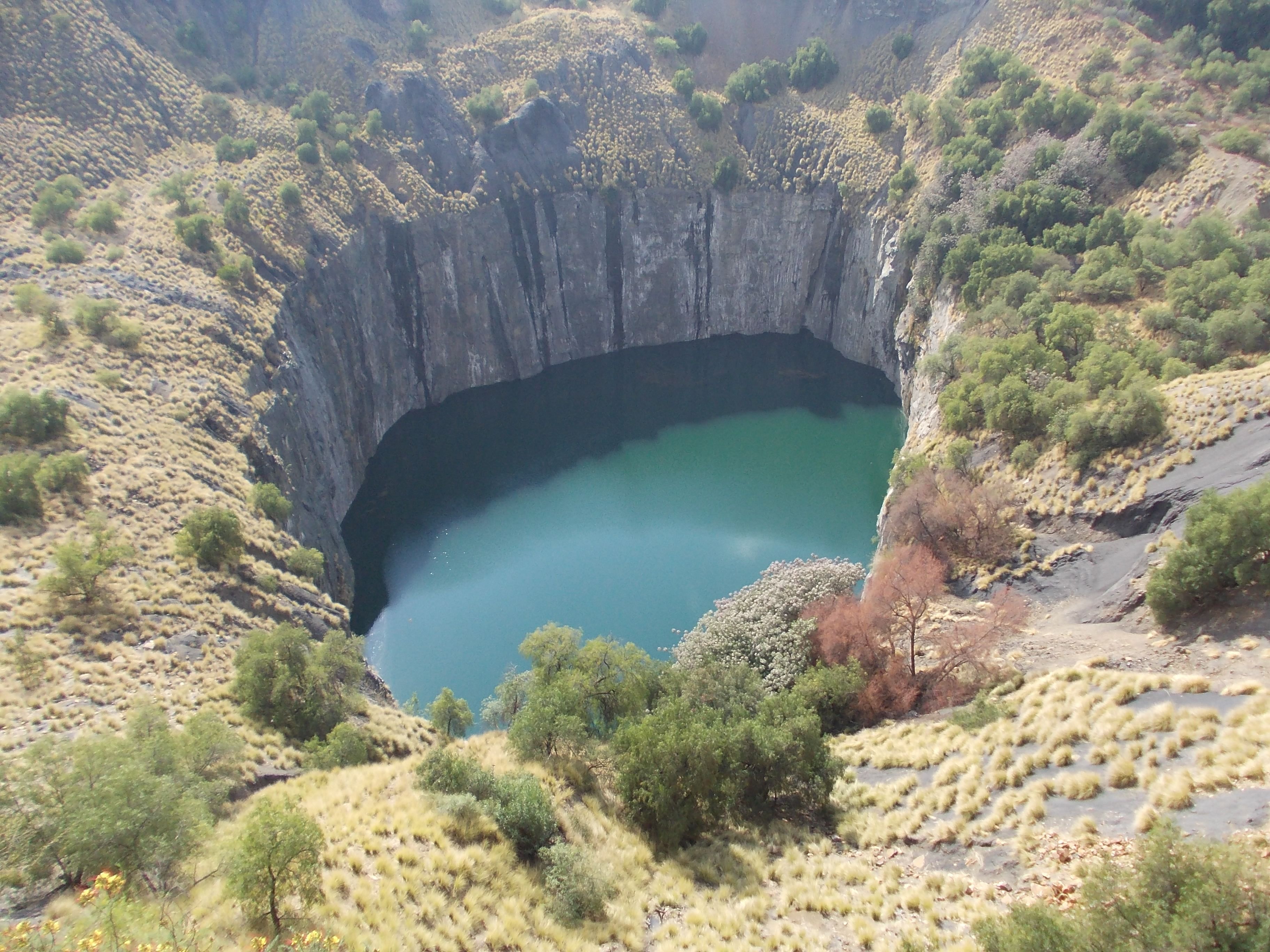
Britain disapproved of the independence of the two Afrikaner republics but there was no financial incentive to annex these lands. The Empire had to run on money and a favourable return from its colonies. The Boer republic in the Transvaal had a big problem too, the Zulu nation under King Cetshwayo, was a significant force to be reckoned with. So when Sir Theophilus Shepstone annexed the Transvaal in 1877 in contravention to previously signed treaties of independence for both the Transvaal and the Orange Free State, the Boers reluctantly submitted to British rule. A delegation of protest was sent to both Britain and the United States which was completely ineffective.
In due course and against the instructions of the British Government (who was very far off), the British High Commissioner for Southern Africa, Sir Bartle Frere instigated the Zulu war. In the beginning the British suffered their greatest defeat at the hands of an indiginous people at Isandhlwana.
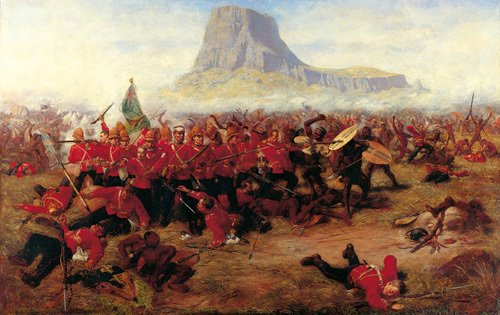
However superior weaponry eventually defeated the Zulus in 1879. Then the British went against the well-armed Pedi tribe in the Transvaal and defeated them too. This suited the Boer republics greatly, their enemies had been reduced to one, the British.
Conditions were now ripe for a Boer rebellion against Britain. In due course various skirmishes broke out where the British forces were soundly defeated in several engagements. The most famous defeat was at Majuba Hill in 1881 where the British suffered appalling losses. This was the last time that British soldiers would go into battle with their bright red uniforms. Britain was forced into an unfavourable treaty, the only time since the American War of Independence. The independence of the two Boer republics was reinstated by 1884.
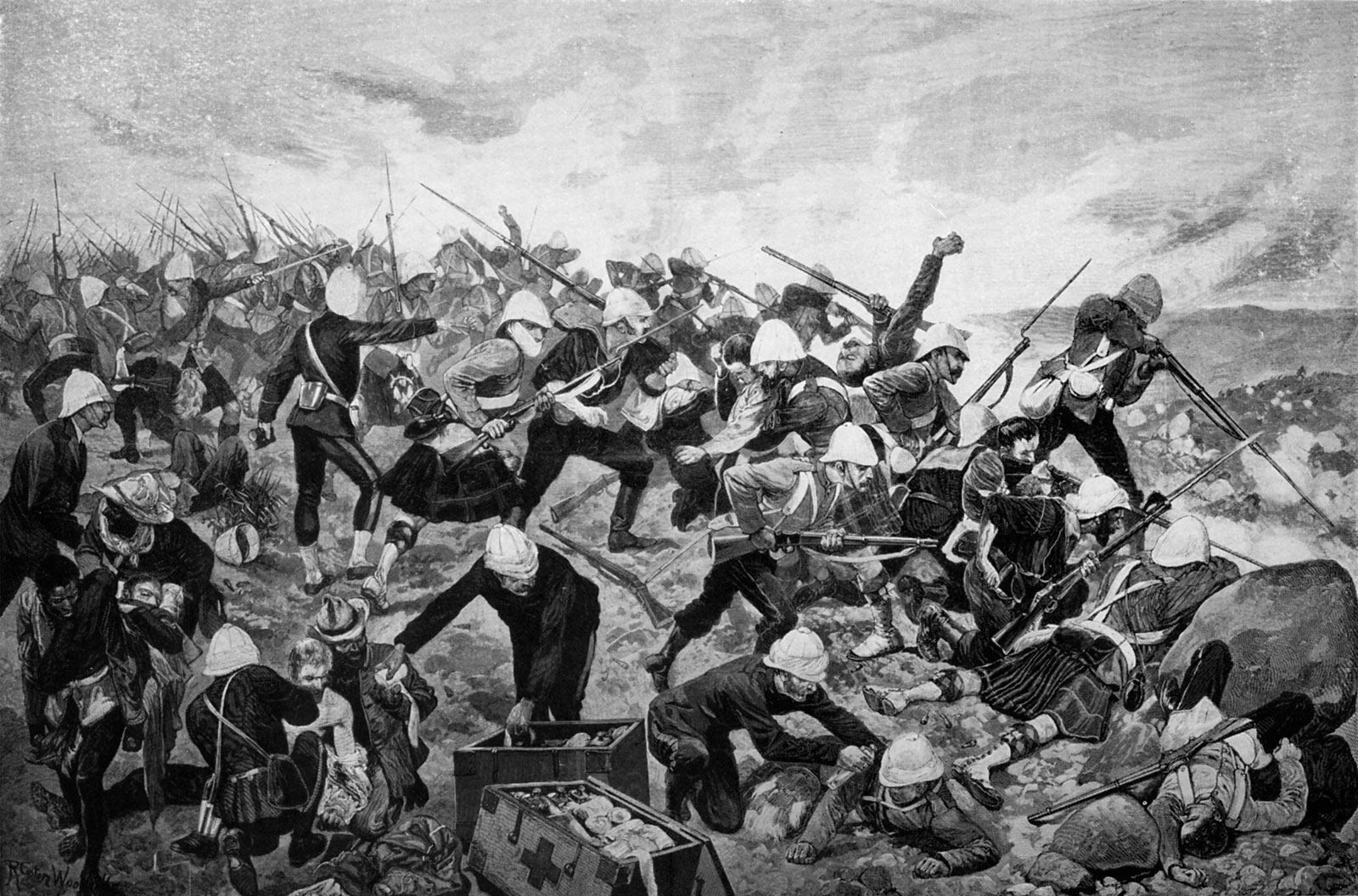
Then in the following year, ironically, gold was discovered in the Witwatersrand. This was in the Transvaal republic. Ultimately the doom of these two Boer republics was sealed because now there was a financial incentive to add these territories to the British Empire. Tens of thousands of "uitlanders" (foreigners / non-citizens) poured into the Transvaal which greatly alarmed the Boers but nothing could be done. Their lack of voting power was one of the primary causes that Britain used for starting the war.
Lest Britain seem like the only villain here, it must be remembered that there was a massive drive from various European nations to expand into Africa; Portugal, Belgium, Germany, Italy and France all competed aggressively to capture land for added resources. The strength of Britain’s navy and the tremendous administrative skills of her colonial staff put them at the greatest advantage possible when compared to their competitors.
So pretexts were once again invented and war was entered into in 1899. Neither side was aware of the appalling costs to be incurred, of both money and life.
A really nice post has given us gifts. We look forward to such a post and a greet writing. Thank you so much for sharing it among us. Waiting for your next post.
Fantastic photography
the paintings are dramatic and well used for propaganda in the British Empire back in England
Fabulous writing about Hatred....@fred703
I believe that Hatred paralyzes life; love releases it. Hatred confuses life; love harmonizes it. Hatred darkens life; love illuminates it.
a well-taken history.
very good post @fred703, this history is great for all of us, because all this can be a very good motivation for us all in living this life. In this life, we must remember and want to know about the history of ancient times, with we often read history in ancient times, we can know about the struggles of the ancients to make a country that became advanced and successful until now. History like this is great for us to tell the children who will become the next generation for a country. Thanks for sharing @fred703... :)
all that ordinary people want is an opportunity to have a family and work to look after them. Yet the "great leaders" are the culprits for so much misery on the planet.
yes, that's true as you say @fred703, the happiness of ordinary people is to get together with his family, that's what is always expected...
War always harms both parties.
Thank you for sharing history with us.
To listen to the audio version of this article click on the play image.

Brought to you by @tts. If you find it useful please consider upvote this reply.
Fascinating history we have in South Africa...My great grandfathers one on my father's side British and one on my mother's side Boer apparently fought against each other at some stage of the Boer war.
BTW the Kimberly hole dug by hand should be one of the wonders of the world.....I mean that can be equated to building the pyramids in my opinion...
Great article C.
its amazing that it was once a koppie (hill).
A wonderful review, my friend and the fact that Britain has always sought to expand its colonies, is a fact! For Africa, of course, these conquests turned out to be tragic and the civilian casualties were numerous. Yes, at that time the struggle for the influence of the European states, took on a large scale character! Thank you @fred703
Interesting article, Thank you very much I love to read historical moments. I know that the loss of the British reached 5,774 killed and 22,829 wounded. The losses of the Boer army are unknown. During the Anglo-Boer War, 13,000 people died of diseases in the British army. And this is terrible.
boer soldier losses were officially estimated at just over 20 000. Women and children were about 28 000, about 25 000 of those were children. Black people who were not considered important were also over 20 000. the women and children died in the concentration camps.
Yes it's terrible.